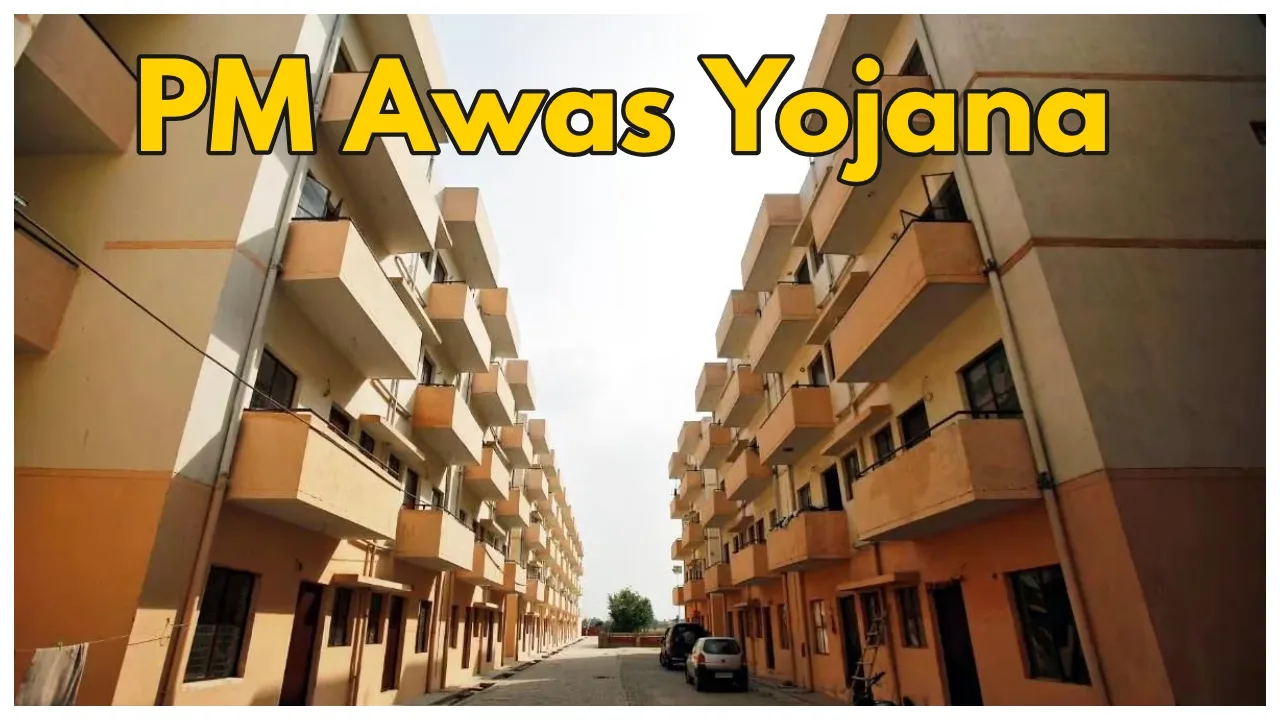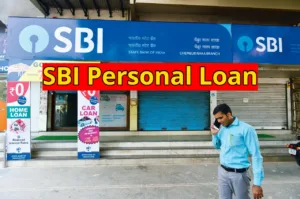PM Awas Yojana: The second phase of the PM Awas Yojana (Rural) survey is currently in progress, providing an important opportunity for eligible families to secure their place in the housing initiative. Families that meet the specified eligibility criteria are encouraged to register their names for the program until the deadline of March 31.
This survey is a crucial step in identifying and assisting those in need of housing, and it will be conducted using the Awas Plus 2.0 app. Notably, beneficiaries have the convenience of applying independently, empowering them to take charge of their housing needs.
Where to apply?
As the survey unfolds, it will be executed by designated officials, specifically the Surveyor Secretary or Employment Assistant, who are appointed within each Gram Panchayat in the district. This localized approach ensures that the survey is conducted efficiently and effectively, reaching the families who require assistance the most. The Awas Plus App-2024, developed through a collaborative effort between the Ministry of Rural Development and the National Informatics Centre (NIC), will serve as the primary tool for this survey. Interested individuals can access the app through the Aawas Soft Portal at the following link: https://pmayg.nic.in/infoapp.html.
Which families are eligible?
It is essential to recognize the broader context of this initiative. The Pradhan Mantri Awas Yojana (Rural) was launched by the Union Ministry of Rural Development on April 1, 2016, with the noble aim of providing permanent housing solutions to all eligible homeless families, as well as those living in kutcha (temporary) and deteriorating houses. This initiative is designed to ensure that these families have access to safe and secure housing, complete with essential amenities that contribute to a better quality of life.
By the end of March, significant steps will be taken to include the names of qualifying families on the permanent waiting list, further solidifying the government’s commitment to addressing housing shortages in rural areas. This initiative not only aims to provide shelter but also to uplift the living standards of rural communities, fostering a sense of security and stability for families across the nation.










